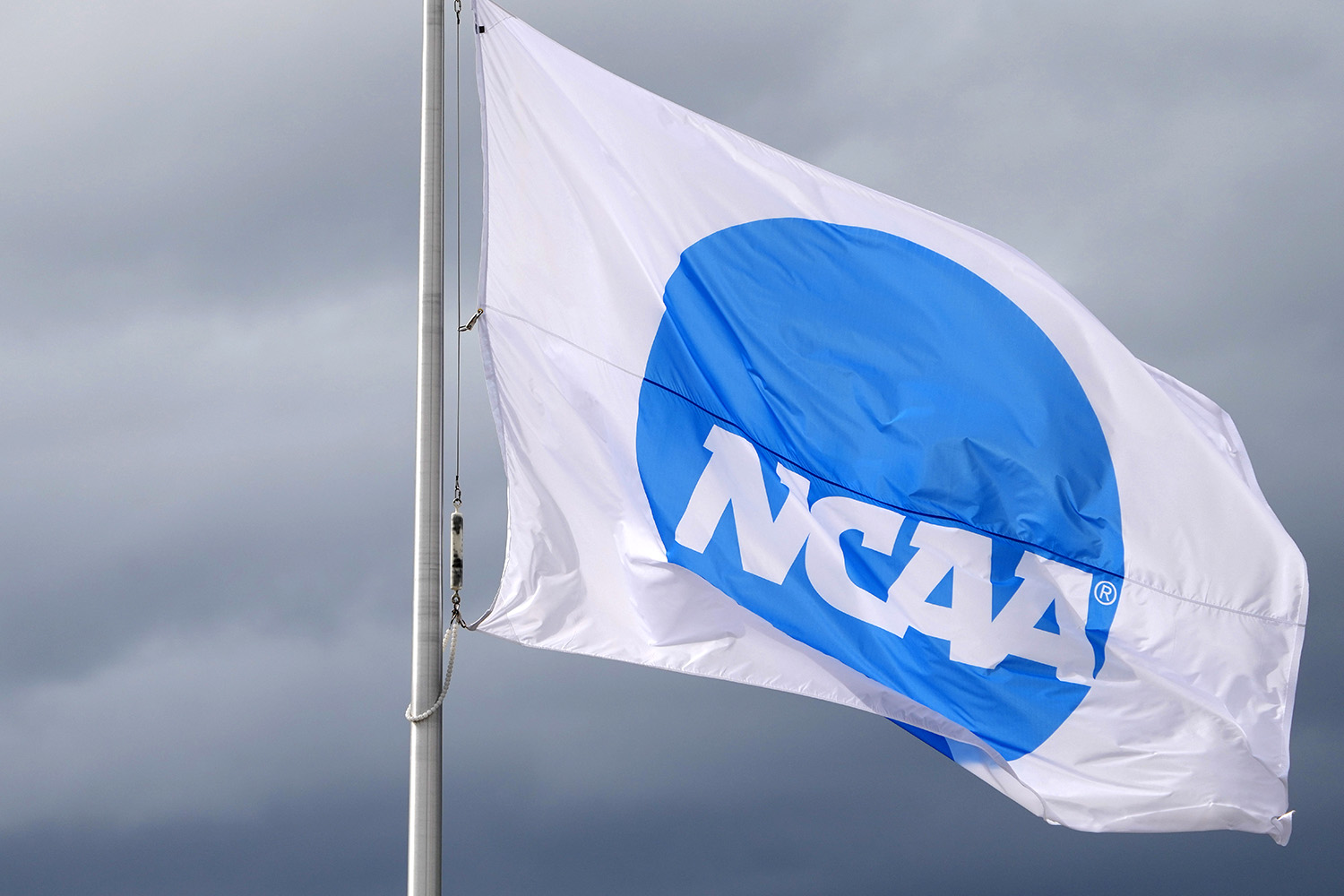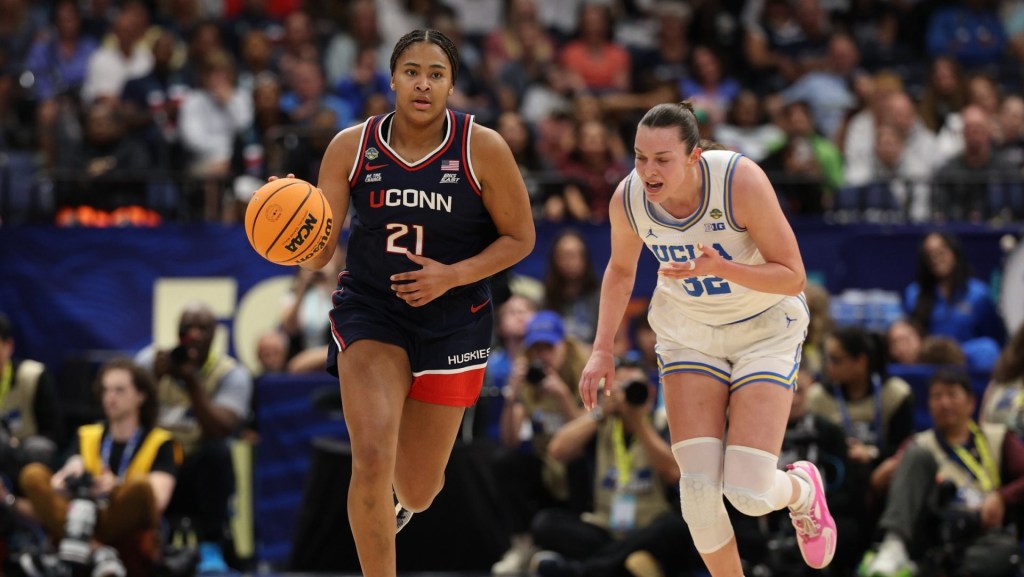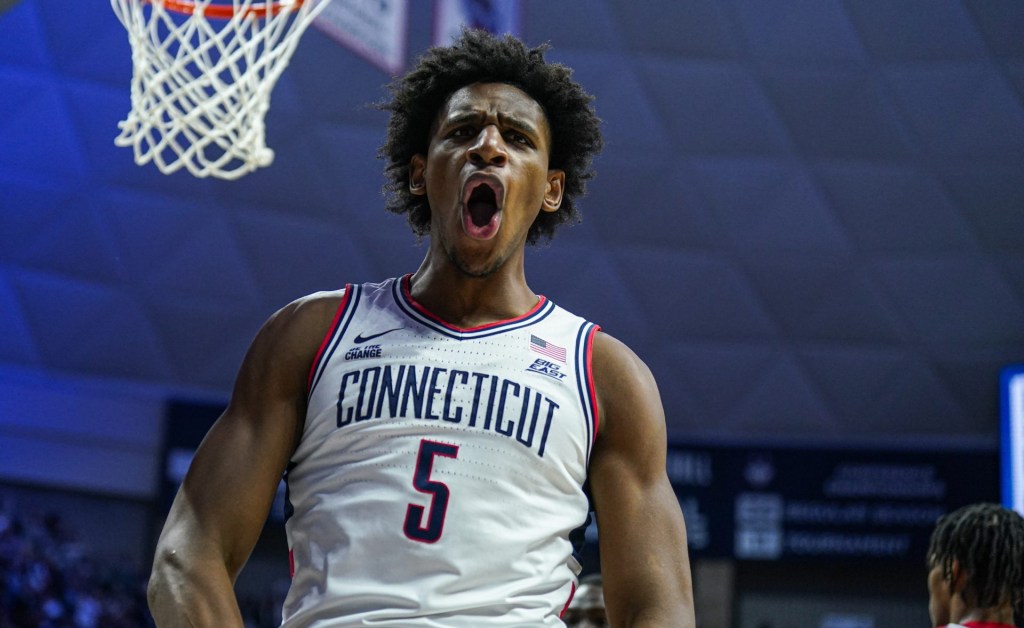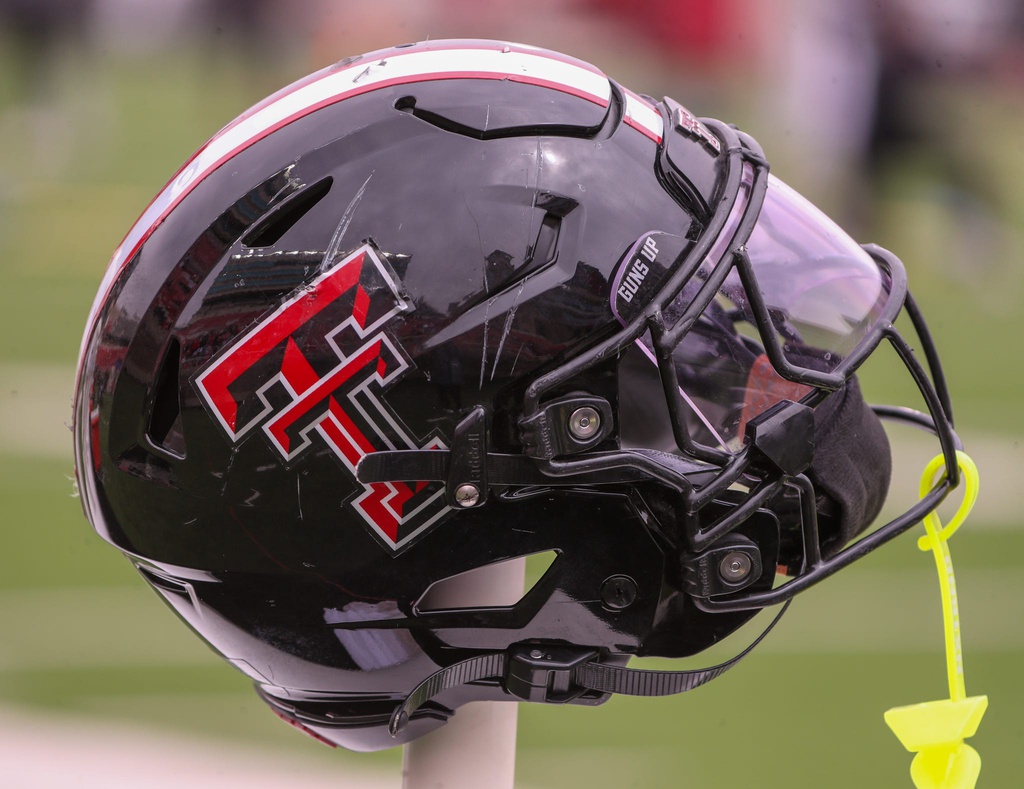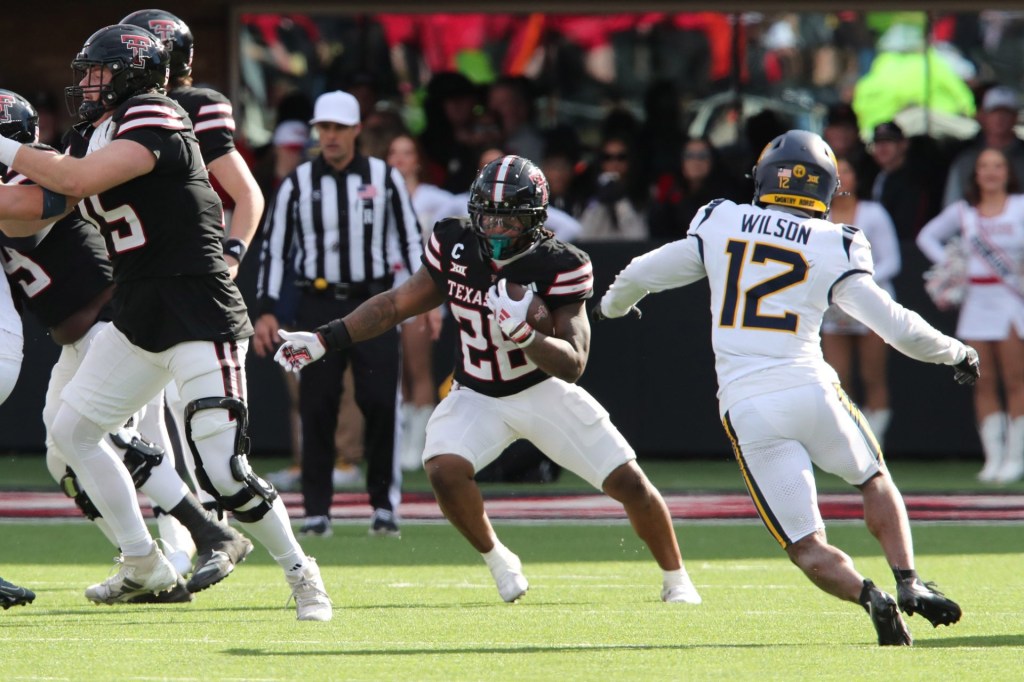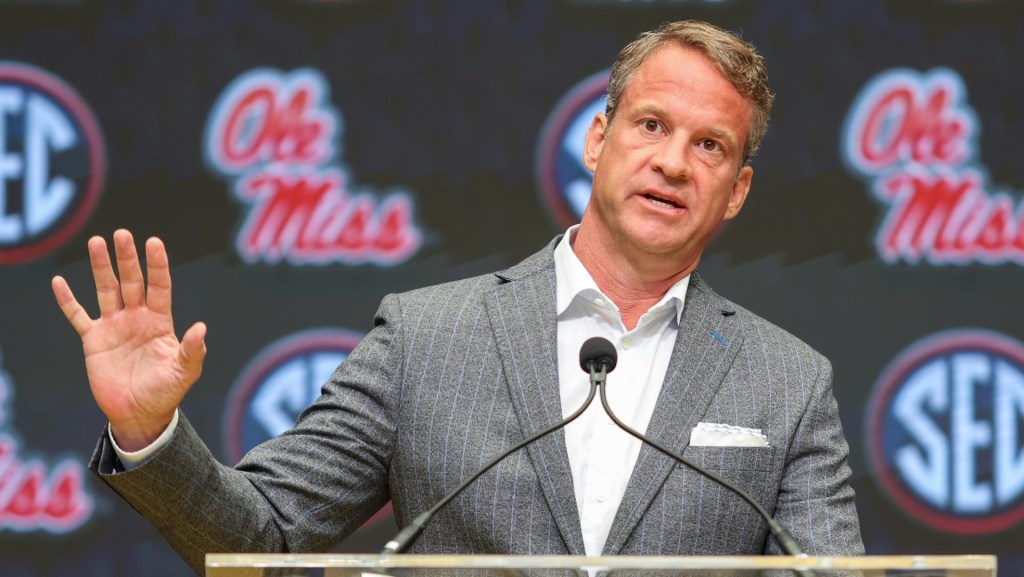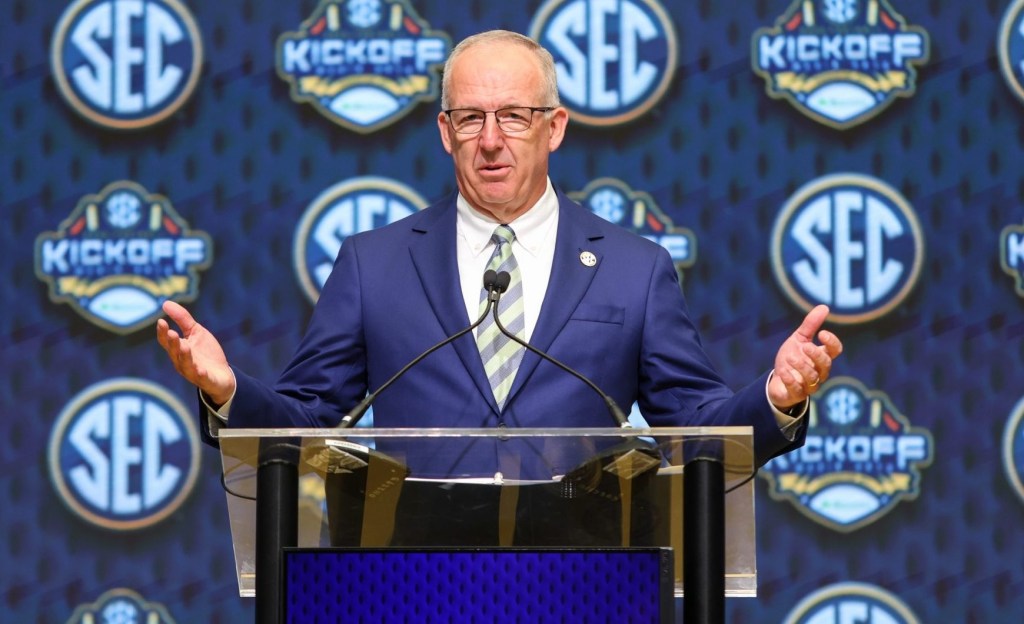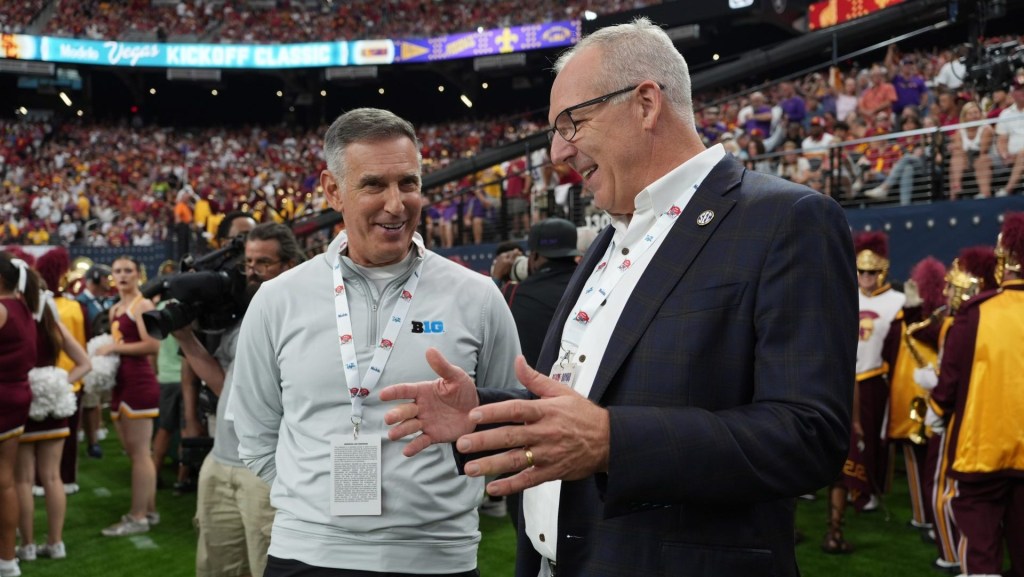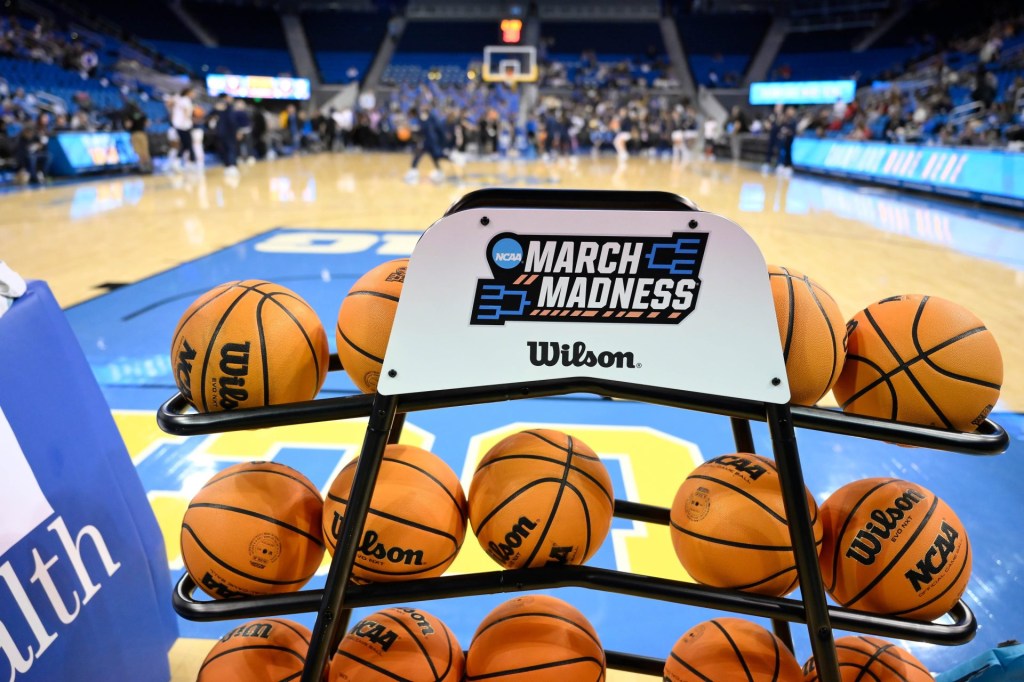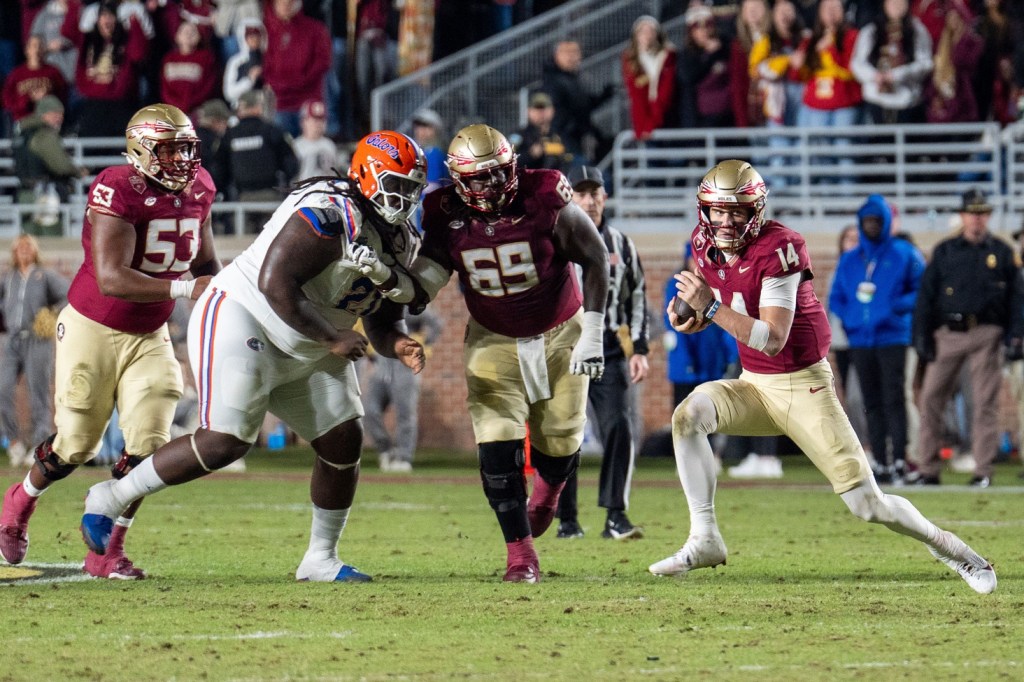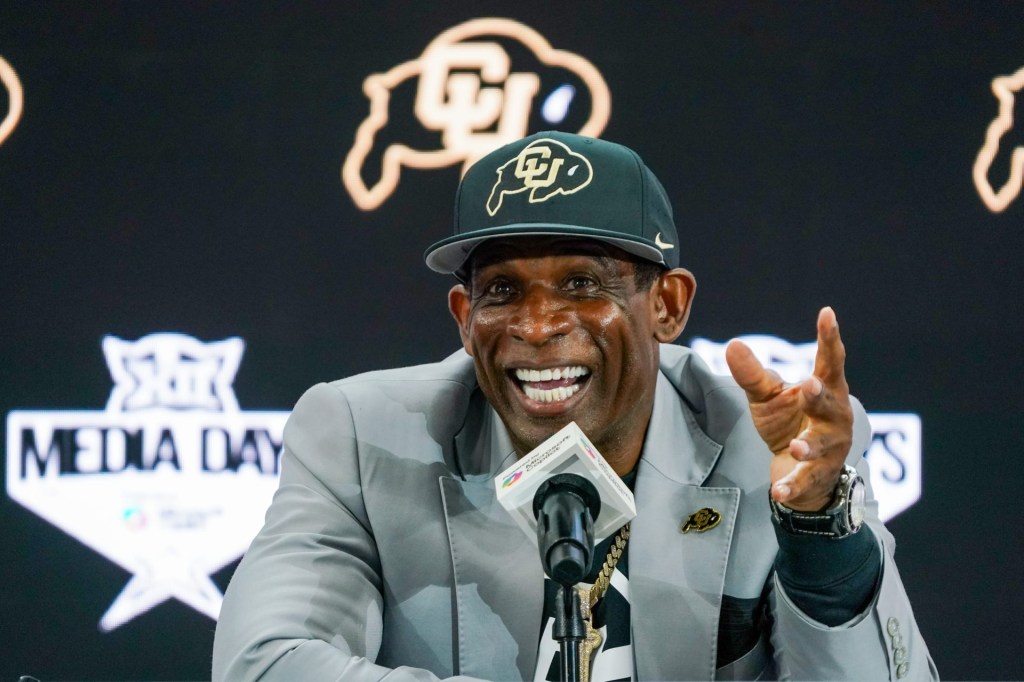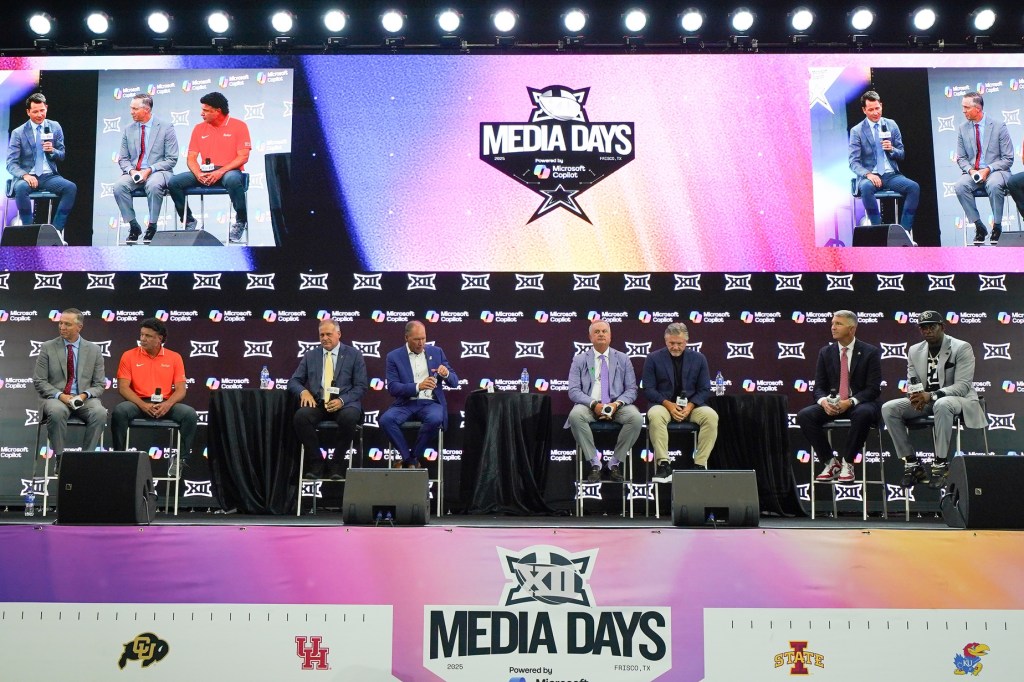Last June, the NCAA published only a short, broad set of rules governing name, image, and likeness activities.
The policy technically prohibited deals from being used as recruiting inducements or forms of pay-for-play. But in practice, it has largely failed to stop what officials consider a horrifying development: boosters, donors, and alumni — from individual actors to groups called “NIL collectives” — offering deals to entice recruits.
On Monday, however, the NCAA published its first update to those guidelines, aimed at curbing boosters from providing — or even offering — NIL deals to recruits.
It’s the first time the governing body will try to regulate NIL since the NCAA v. Alston Supreme Court decision found that it was, in fact, subject to antitrust scrutiny — that it could be illegal for the NCAA to set certain athlete compensation limits.
And there will be lawsuits.
The NCAA’s “goal is to test the waters,” Boise State law professor Sam Ehrlich told Front Office Sports, but “this isn’t testing the waters. This is finding a shark-infested patch of open water and jumping right in.”
The policy says many who fall into the NCAA’s definition of “boosters” have attempted to “promote and support a specific NCAA institution by making available NIL opportunities” to recruits or existing athletes.
It then listed several things these “booster/NIL entities” cannot do, including talking to recruits about enrolling at a school or offering deals based on whether athletes choose a particular team. Athletic department officials can’t speak to athletes on behalf of boosters, either.
The policy also reiterated that deals can’t be related to an athlete’s on-field performance or where they play.
One major issue, attorney Maddie Salamone told Front Office Sports, is the lack of clarity around the NCAA’s definitions of both “pay-for-play” and boosters.
Ehrlich provided a prescient example: Would he be considered a Boise State “booster” because of his donations to the athletic department — even though those donations are a mandated aspect of his season tickets?
Beyond boosters, there was yet another bombshell: the admonition that no athletic department staff members could “represent” current athletes or recruits in NIL endeavors. Absent state laws and previous NCAA clarity, several schools have begun designating certain staff members to help athletes get deals — and have even already procured some.
Of course, it’s unclear how much power these guidelines will have. The NCAA said in the statement that it will only investigate deals from before May 9 if they appear particularly egregious, but gave no other explanation of how deals will be investigated or how the policy would be enforced. The statement also said the NCAA’s goal “is not intended to question the eligibility of prospective and enrolled student-athletes,” but rather to go after boosters.
In fact, the NCAA is amid a major transformation as divisions write their own rules in the wake of the new constitution ratified in January. There’s no clear direction for what role the national enforcement staff will play in this new structure.
The NCAA is certainly aware that it will get sued.
Ohio State athletic director Gene Smith acknowledged that risk in a comment to The Athletic but said it’s one the governing body is willing to take. Prominent NIL lawyer Mike Caspino then said he’d file a suit “the moment they come to try to interfere with one of my clients’ deals.”
Ehrlich noted that there could be grounds for a lawsuit based on the NCAA’s adoption of these new guidelines at all — even before they’re enforced.
Either way, the legal fallout will likely join two athlete compensation cases, Johnson v. NCAA and House v. NCAA, as the next wave of landmark cases that could potentially upend amateurism altogether.
